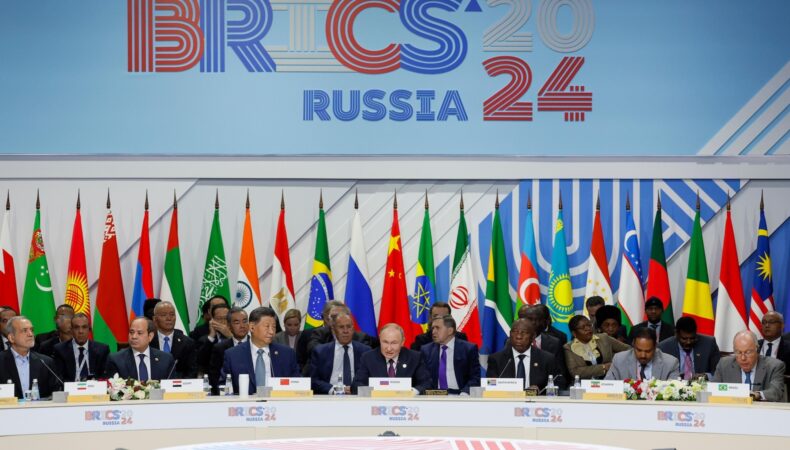In a significant development, Nigeria has been newly admitted as a partner country of the BRICS bloc. This latest move broadens the partnership of this international group which includes Brazil, Russia, India, China, and South Africa.
The inclusion of Nigeria into the bloc implies a shift in the global economic landscape, paving the way for the bolstering of ties with the African continent. Nigeria, Africa’s largest economy, moves to being a key partner in the group, which will provide many strategic and economic benefits for both Nigeria and the other member states.
Nigeria’s admission follows the BRICS nations’ commitment to fostering purposeful and strategic relationships with emerging economies around the globe. The bloc aims to promote collaboration for economic growth and development, especially in areas affected by global challenges such as climate change, political instability, and poverty.
As the newest member of the BRICS bloc, Nigeria brings unique strengths, resources and will have a strategic position in shaping multilateral partnerships. Furthermore, the inclusion of Nigeria aligns well with BRICS’ larger commitment to broaden its engagement and cooperation with non-member countries, particularly those in Africa.
Despite this positive development for Nigeria, the transition process and integration into the BRICS bloc will likely require a considerable amount of time and effort. However, the potential benefits, such as enhanced global influence, and the opportunities to address persistent issues like poverty, inequity and economic instability, far outweigh these transitional challenges.
While this recent development further solidifies the BRICS bloc’s influence on the global stage, Nigeria’s partnership promises to diversify the group’s reach and reinforce their collective goals. It marks a pivotal moment in the bloc’s history, demonstrating its ongoing commitment to engender substantive economic progress, foster sustainable development and to increase voice and influence for under-represented economies on the global stage.
Last modified: January 21, 2025



